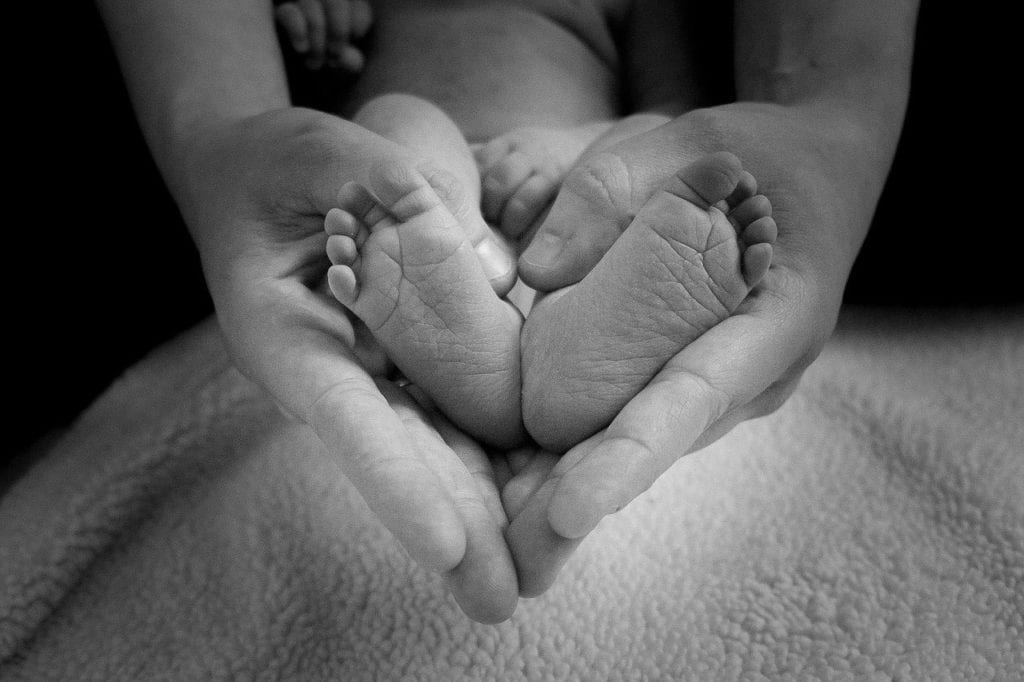According to UIC Today, Jessica Lechuga became immersed within the rare disease community when she was still a teenager. That’s because, at age 17, Jessica gave birth to her daughter Abby, who has a rare condition called CHARGE syndrome. As a single mom, Jessica raised her daughter while learning more about the medical field. Now, she tells her story of becoming a nurse and what it means to be a patient advocate.
CHARGE Syndrome
Caused by a CD7 gene variant, CHARGE syndrome is a rare disorder that occurs during fetal development. The acronym CHARGE stands for the characteristic elements of the disorder:
- Coloboma and cranial nerve defects
- Heart defects
- Atresia of the choanae
- In other words, blocked nasal passages, impacting breathing.
- Retardation of growth and development
- Genital underdevelopment
- Ear abnormalities and hearing loss.
Because CHARGE syndrome impacts multiple organs, symptoms differ between patients. However, common physical features in patients with CHARGE syndrome include an abnormal wind pipe, cleft lip, and asymmetric facial nerve palsy. Additionally, symptoms include sleep apnea, upper body weakness, congenital heart defects, and kidney abnormalities. Read more about CHARGE syndrome.
Jessica’s Story
Jessica Lechuga was 17 years old, hospitalized, and discussing CHARGE syndrome with nurses in the neonatal unit. As doctors filled her in on the condition, Jessica remembers feeling anxious and scared. What would this condition mean for Abby? How would Jessica be able to help her daughter?
Looking back, Jessica credits her neonatal nurses for getting her through this time. In fact, it was their kindness, knowledge, and support that empowered Jessica to pursue her own career in the medical field. Her journey didn’t exactly start at 17. That’s because, as an infant, Abby required various surgeries to assist with the physical issues caused by her condition. Jessica worked as a pharmacy technician to provide the best care for her child.
But when Abby turned 10 years old, Jessica switched her focus; she wanted to pursue a nursing degree at the University of Illinois at Chicago. Now, as a first-generation college student, Jessica will graduate this May with her degree. Abby, meanwhile, is 14 years old and experiences only one side effect from her condition: bilateral hearing loss.
Moving forward, Jessica aims to help those impacted by COVID-19. But she still remembers how her journey began, and looks forward to continuing to advocate for better patient care and rare disease research.





